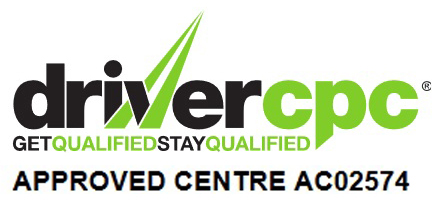Date: 04/06/2007
A new qualification for professional bus, coach and lorry drivers – the Driver Certificate of Professional Competence (CPC) – has been given the Government go-ahead. In future, just holding a vocational driving licence will not be sufficient for someone who wishes to drive such vehicles for a living.
The Driving Standards Agency is taking the lead in implementing EU Directive 2003/59 which requires all professional bus, coach and lorry drivers to hold a CPC in addition to their vocational driving licence. It comes into force across all European Union member states on 10 September 2008 for bus and coach drivers and 10 September 2009 for lorry drivers.
The main benefit is road safety and better qualified drivers to help reduce road casualties. Driver CPC should also bring an improved professional and positive image to the profession, attracting more people to drive buses, coaches and lorries for a living. It is aimed not only at improving the knowledge and skills of LGV and PCV drivers when they start work, but also at ensuring these skills are maintained and developed throughout their working life.
Driver CPC will require all category C and D licence holders (including C1 and D1) to take part in 35 hours training every 5 years in order to maintain their CPC. It also introduces a new initial qualification process that new drivers must complete before they can drive professionally.
Driver CPC will enable young people to enter these sectors in a safe and professional manner, from 18 years of age, subject to any licence restrictions for category D drivers.
The DSA is working closely with the trade associations for the freight and bus and coach industries, the Sector Skills Councils and other government agencies to ensure Driver CPC is implemented in a way that suits the needs of the industries.
If you require any further information on the Driver CPC that is not contained in any of our pages, or if you wish to clarify any implications this may have for you or your company, please contact us.

